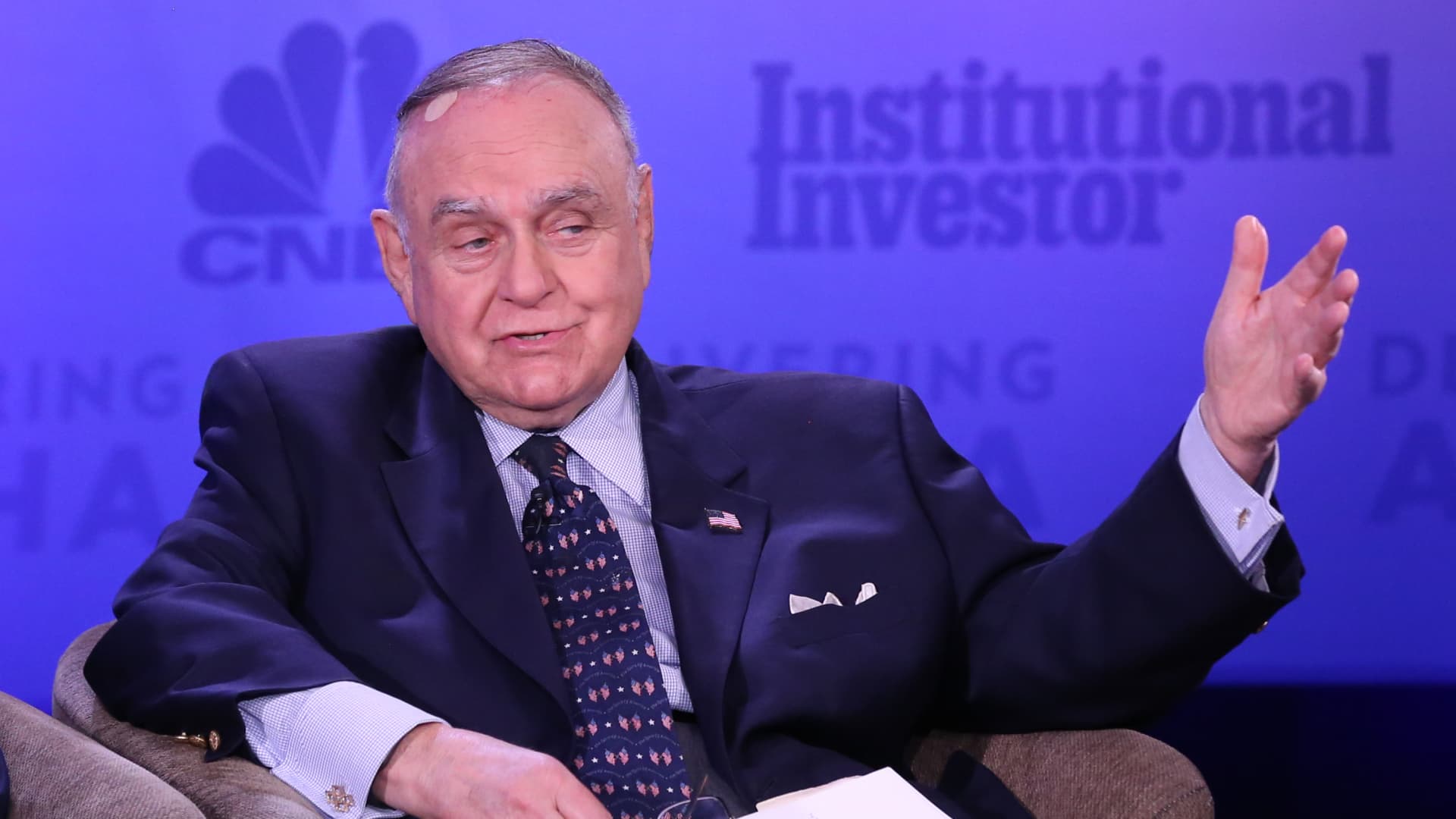Investors looking beyond the U.S. see opportunities in one small pocket of Europe

European markets have seen a resurgence this year, with multiple regional indexes outperforming their Wall Street rivals. Amid a broad push to diversify portfolios away from the U.S., some traders see an “unmatched advantage” and “really good investment opportunities” in particular area of Europe. Earlier this year, volatility arising from U.S. President Donald Trump’s unpredictable trade policies sparked widespread demand for assets outside of the United States . One of the beneficiaries of this movement was Europe , where investors saw a stable but undervalued market. But according to Frédérique Carrier, head of investment strategy for RBC Wealth Management in the British Isles and Asia, one pocket of the European market remains overlooked by international investors. “Most of our wealth clients who enquire about Europe have France and Germany in mind, and perhaps Italy and Spain, but few think of the Nordics where macroeconomic trends are encouraging,” she said. Economic resilience The Nordics, nestled in the far north of Europe, have had a mixed bag this year when it comes to the performance of their publicly traded companies. Benchmark indexes in Norway and Finland, for example, have outperformed all three major Wall Street indexes, while those in Iceland and Denmark have recorded deep year-to-date losses. Much of the underperformance in Denmark is tied to the make-up of its benchmark OMX Copenhagen index. Pharmaceutical giants Novo Nordisk and Zealand Pharma have each shed around 48% so far this year, amid threats from Trump to slap tariffs of up to 250% on pharmaceutical goods. Disappointing clinical trial results , leadership changes and profit guidance cuts also weighed on Novo’s share price. However, the Danish economy is renowned for its resilience, even if its biggest companies are under pressure, and that could benefit the country’s equity market, Carrier told CNBC. “Denmark is widely seen as a resilient economy, thanks to its low level of indebtedness at the national level (debt to GDP a mere 28% while it enjoys a fiscal surplus of close to 4% of GDP), even as its pharmaceutical sector — which has largely driven growth in the past — is currently in the cross hairs of President Trump’s new tariffs strategy,” she said in an email. Sweden, she added, was benefiting from a “mild economic upswing,” while Norway’s central bank could soon start cutting interest rates to stimulate the country’s economy. Markets are widely expecting Norges Bank to cut rates by 25 basis points at its next meeting in September, according to LSEG data. “Finland is the outlier, with a more subdued macroeconomic outlook than its peers,” Carrier added. She noted that equity investors looking to allocate to European stocks should take “a highly selective approach to investment.” “Our focus would be on high quality companies with a strong business model, a broad international revenue base and robust cash flow generation, an area where the Nordics are particularly well represented,” she said. “Such quality does not necessarily come cheap and investors might want to wait for an opportunistic price correction before building positions.” ‘Unmatched advantage’ The Nordic region is rich with opportunities in emerging industries, according to Tor Langøy, founder of London-based investment advisory BD Globe Capital Partners and Viking Digital Campus, a hydro-powered digital corporate campus on Norway’s west coast. “The Nordic region is rapidly emerging as a strategic hub for AI and hyperscale data center investment, attracting unprecedented global capital,” he told CNBC. Various high-profile companies have recently unveiled large-scale investments in the Nordics this year, many of which are for tech infrastructure. Brookfield Asset Management, which manages assets worth more than $1 trillion, announced in June it would allocate up to 95 billion Swedish krona ($10 billion) to support the development of AI infrastructure. Meanwhile, OpenAI announced at the end of July that it would spearhead a multibillion-dollar data center project in Norway that would deliver 100,000 Nvidia graphics processing units by the end of 2026. Langøy said that Norway in particular had an “unmatched advantage” when it comes to investment opportunities. “Norway offers a rare combination of attributes that few — if any — markets can match,” he said. “[It boasts the] lowest electricity costs in Europe, powered by 100% renewable hydropower, accelerated grid connection timelines, enabling faster go-to-market, [and] supportive, pro–data center government policies that welcome strategic infrastructure investment.” He argued that Norway will “continue to lead” thanks to its energy security, connectivity resilience and geopolitical stability. In the second quarter of this year, Swedish investment firm Investor AB saw a 6% return on its listed company holdings. Among those holdings are various Nordic firms, including telecom giant Ericsson, defense contractor Saab and home appliance manufacturer Electrolux. During the reporting period, AB Investor invested 1.2 billion Swedish kronor to increase its stake in Ericsson to 9.7%. “As the world leader in mobile network technology, Ericsson is well positioned to capitalize on its strong market positions and find new growth avenues over time,” AB Investor’s President and CEO Christian Cederholm, said in the firm’s second-quarter earnings report. “While we operate in an unpredictable world, I remain confident in Investor’s and our companies’ ability to generate attractive long-term total returns.” Cederholm later told CNBC that there were also opportunities in the Nordic region’s private markets. “For the private assets we are looking for, i.e. high-quality companies with long track records of good, profitable growth, really there are very seldom times when you can make a bargain,” he said. “So we’re not bargain hunters, we’re in this for the long term … on the positive side, I would say that between our focus markets, which are the Nordics and North America, there are a really good investment opportunities.” — CNBC’s Arjun Kharpal contributed to this report.









